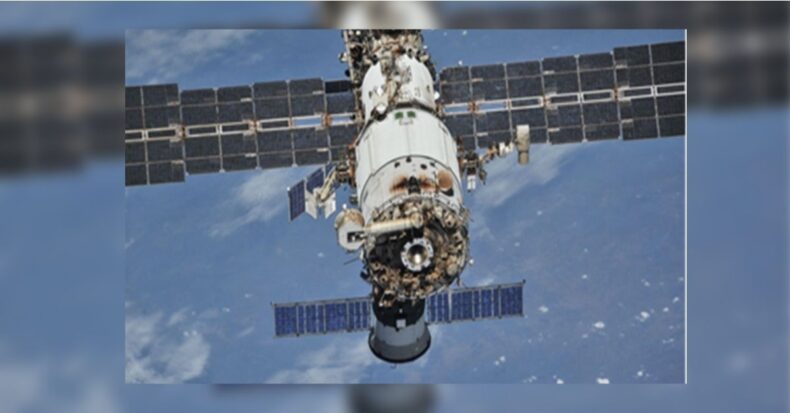After the announcement of building Russia’s space station, Dmitry Rogozin, the CEO of Russia’s space agency Roscosmos, said that the station would have artificial intelligence and extravehicular robots to assist their space programmes.
This decision came months after Russian Officials indicated pulling out of ISS by 2025 as their agreement ends in 2024.
The International Space Station (ISS) is a modular space station launched in 1998 by the Russian and US space agencies.
As an international collaborative project, many countries come together to control the operations through cooperation and diplomacy.
However, as Russia drew criticism for its troop build-up near Ukraine’s eastern border and the constant suppression of free speech (arrest of President Vladimir Putin’s foremost critic, Alexei Navalny), tensions between Russia and the western countries began simmering.
There were also concerns about the deteriorating structure of the ISS. In an interview with state TV, Deputy Prime Minister Yuri Borisov said, “We can’t risk the lives [of our cosmonauts].
Today’s situation is connected to the structure and the metal getting old; it can lead to irreversible consequences – to catastrophe. We mustn’t let that happen”.
Following this, Borisov announced in April that Russia would build a space station of its own. He also told the state TV that this Russian space station would orbit at a relatively high latitude and thus be better able to view the polar regions.
This, in turn, will help in opening up the Northern Sea Route, helping Russia develop the sea route as Arctic Ice melts.
The Russian Orbital Service Station (ROSS) will mark a new beginning in the Russian Space Exploration Program and end the two-decades-long partnership with the USA aboard the International Space Station.
The agency head said that this station would make use of Artificial Intelligence in its functioning.
Along with the cosmonauts, it will also have extravehicular robots aboard, making this a glorious attainment for a nation in the field of science.
The agency also plans to maintain a higher efficiency factor than the International Space Station (ISS).
“We want to make a station whose efficiency factor will be several orders of magnitude higher than that of the ISS,” Rogozin said in a YouTube Live.
He also posted a video on the Telegram messaging app, stating that the first main module of the new space orbital station is in the process.
He believes that the new orbital outpost coupled with the nuclear-powered space tug Zeus can prototype future systems on long-duration interplanetary flights.
As per reports of Interfax news agency, the space module, being assembled by the Energia corporation, is set to cost at least 5 billion dollars. It is estimated that this station will launch by 2030.
Russia has not made any official comment about any potential partnerships in this project.
However, it had signed an agreement with China’s National Space Administration in March to develop a lunar research station on the surface of the Moon, in orbit or both.
Russia is a country with a distinguished history in its space manoeuvres. This year marked the 60th anniversary of Yuri Gagarin, the Soviet pilot becoming the first human to go into orbit.
However, when Elon Musk’s SpaceX launched NASA astronauts to the ISS last year, Russia got left behind in this geopolitical race.
Now, as Russia has again set out in the field with this futuristic goal, how the feat of its manoeuvres plays out will depend on many variables like the global economy, state of technology and infrastructure and the changing power dynamics in geopolitics.













